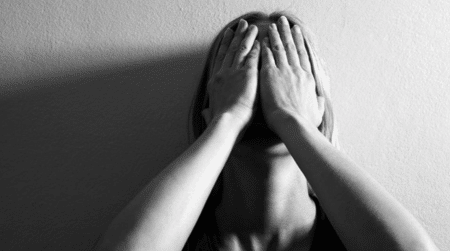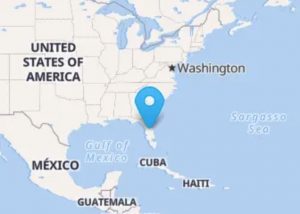
Anxiety is a feeling of fear or panic. Feeling generally anxious sometimes is normal. Most people worry about something – relationships or exams – but once the difficult situation is over, you feel better and calm down.
Anxiety sneaks up on us when we are paying attention to everything but the present moment. Anxiety comes we are too focused on the future, the what-if scenarios we have no control over.
If the problem has gone but the feeling of fear or panic stays or even gets stronger, that’s when anxiety becomes a problem.
With as many as one in six young people experiencing anxiety at some point, it is very common to have anxiety.
The Symptoms of Anxiety
The symptoms of anxiety start out the same as just feeling generally anxious but get worse or last longer than they should. These include:
- • Feeling frightened, nervous or panicky all the time
- • Getting down or depressed
- • Difficulty sleeping
- • Low appetite
- • Lack of concentration
- • Tired and irritable
- • Palpitations – when your heart feels like its racing
- • Dry mouth
- • Trembling
- • Feeling faint
- • Stomach cramps and/or diarrhea
Feeling one, some or even most of the above doesn’t necessarily mean you have anxiety. It’s important to talk to a health professional to get a full diagnosis.
Treating Anxiety
There are three main ways of treating anxiety and they can be used on their own or sometimes a doctor will suggest you use more than one at once.
Anxiety is often helped with a course of Cognitive Behavioral Therapy, also known as CBT. It’s a talking therapy where you work with a therapist to help you understand your thoughts and feelings and work through ways to change the way they affect you. You’ll also learn techniques to help you relax.
What Makes Children Anxious?
Children tend to feel anxious about different things at different ages. Many of these worries are a normal part of growing up.
From about eight months to three years, for example, it’s very common for young children to have something called separation anxiety. They may become clingy and cry when separated from their parents. This is a normal stage in children’s development and tends to ease off at around age two to three.
It’s also common for younger children to develop specific fears or phobias. Common fears in early childhood include animals, insects, storms, heights, water, blood, and the dark. These fears usually go away gradually on their own.
Throughout a child’s life there will be other times when they feel anxiety. Lots of children feel anxious when going to a new school, for example, or before tests and exams. Some children feel shy in social situations and may need support with this.
When is Anxiety a Problem for Teens?
Anxiety becomes a problem for children when it starts to get in the way of their day-to-day life.
Severe anxiety can harm children’s mental and emotional wellbeing, affecting their self-esteem and confidence. They may become withdrawn and go to great lengths to avoid things or situations that make them feel anxious.
When Should You Get Help?
If your child’s anxiety is severe, persists and interferes with their everyday life, it’s a good idea to get some help.
If you feel your teenage daughter is struggling with anxiety and you need professional help or out-of-placement, please call us today to see if Providence Pass is the answer you have been looking for.
RESOURCE: NHS Choices






